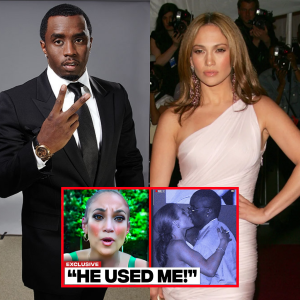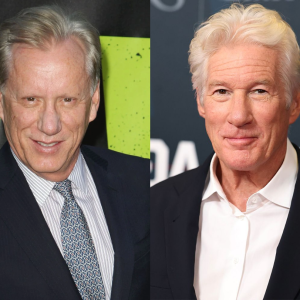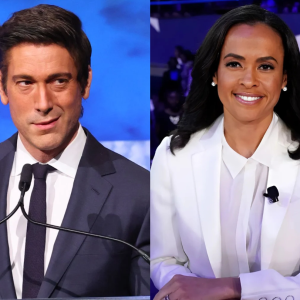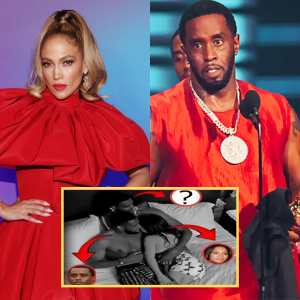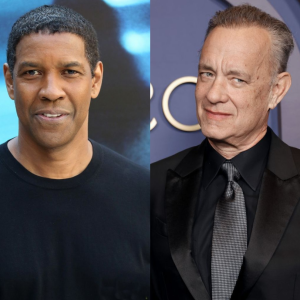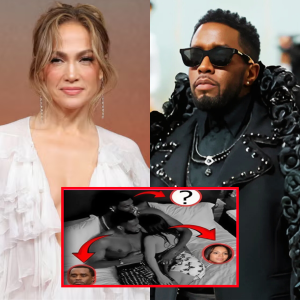
At the recent Oscars, a surprising and somewhat humorous mix-up occurred when Oprah Winfrey was mistakenly identified as Whoopi Goldberg on the red carpet. The incident quickly caught the attention of both the media and fans, sparking conversations across social media platforms. Oprah, known for her grace and poise, addressed the situation with her characteristic charm and a touch of humor, turning what could have been an awkward moment into an opportunity to highlight the importance of individuality and the often overlooked nuances in how people perceive celebrities.
As the story unfolded, it became clear that the mix-up was not just a simple case of mistaken identity but also a reflection of broader issues related to race and representation in Hollywood. Oprah, who has been a powerful advocate for diversity and inclusion throughout her career, used the incident to shed light on the challenges that Black women often face in the entertainment industry. In a candid interview, she emphasized that while the mix-up was amusing, it also underscored the need for greater awareness and understanding of the unique identities of Black women in media.
The red carpet incident occurred when a reporter, seemingly in a rush, mistakenly addressed Oprah as Whoopi Goldberg. Oprah, ever the professional, smiled graciously and gently corrected the reporter. However, the moment did not go unnoticed, and clips of the interaction quickly went viral. Social media users expressed a range of emotions, from amusement to frustration, with many pointing out that such mix-ups are far too common and indicative of a larger issue of how Black women are often viewed as interchangeable in the public eye.
Oprah’s response was both measured and insightful. She acknowledged the humor in the situation but also used it as a teaching moment. In her statement, Oprah highlighted the importance of recognizing and respecting individual identities, noting that while she and Whoopi are both prominent figures in the entertainment world, they are distinct individuals with their own unique contributions and achievements. Oprah went on to praise Whoopi for her incredible career, reminding everyone of the importance of celebrating diversity in all its forms.
The incident also prompted discussions about the pressures that Black women in Hollywood face to conform to certain stereotypes. Oprah, who has long been a trailblazer in breaking down barriers and challenging stereotypes, spoke about the need for more nuanced and accurate representation of Black women in the media. She emphasized that this mix-up, while seemingly harmless, is a reminder of the work that still needs to be done in terms of educating the public and promoting a deeper understanding of cultural differences.
Oprah’s response was widely praised for its thoughtfulness and grace. Many admired how she handled the situation with such poise, turning what could have been an uncomfortable moment into a meaningful conversation about race, identity, and representation. Her ability to address the issue with both humor and seriousness is a testament to her enduring influence and her commitment to using her platform to advocate for positive change.

In the days following the Oscars, Oprah’s comments sparked further dialogue about the importance of diversity in the media and the need for greater recognition of the unique identities of Black women. Many fans and fellow celebrities took to social media to express their support for Oprah and to share their own experiences of being mistaken for someone else. The incident also served as a reminder of the challenges that still exist in achieving true equality and representation in Hollywood.
Overall, Oprah’s response to being mistaken for Whoopi Goldberg on the Oscars red carpet was a masterclass in how to handle a potentially awkward situation with grace and dignity. By addressing the issue head-on and using it as an opportunity to promote greater understanding and awareness, Oprah once again demonstrated why she is such a beloved and respected figure in the entertainment industry. Her reaction not only defused the situation but also sparked important conversations about race, identity, and representation that are crucial for moving toward a more inclusive and equitable society.
4o
